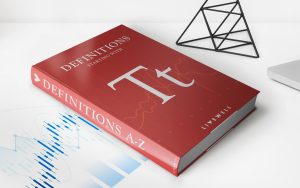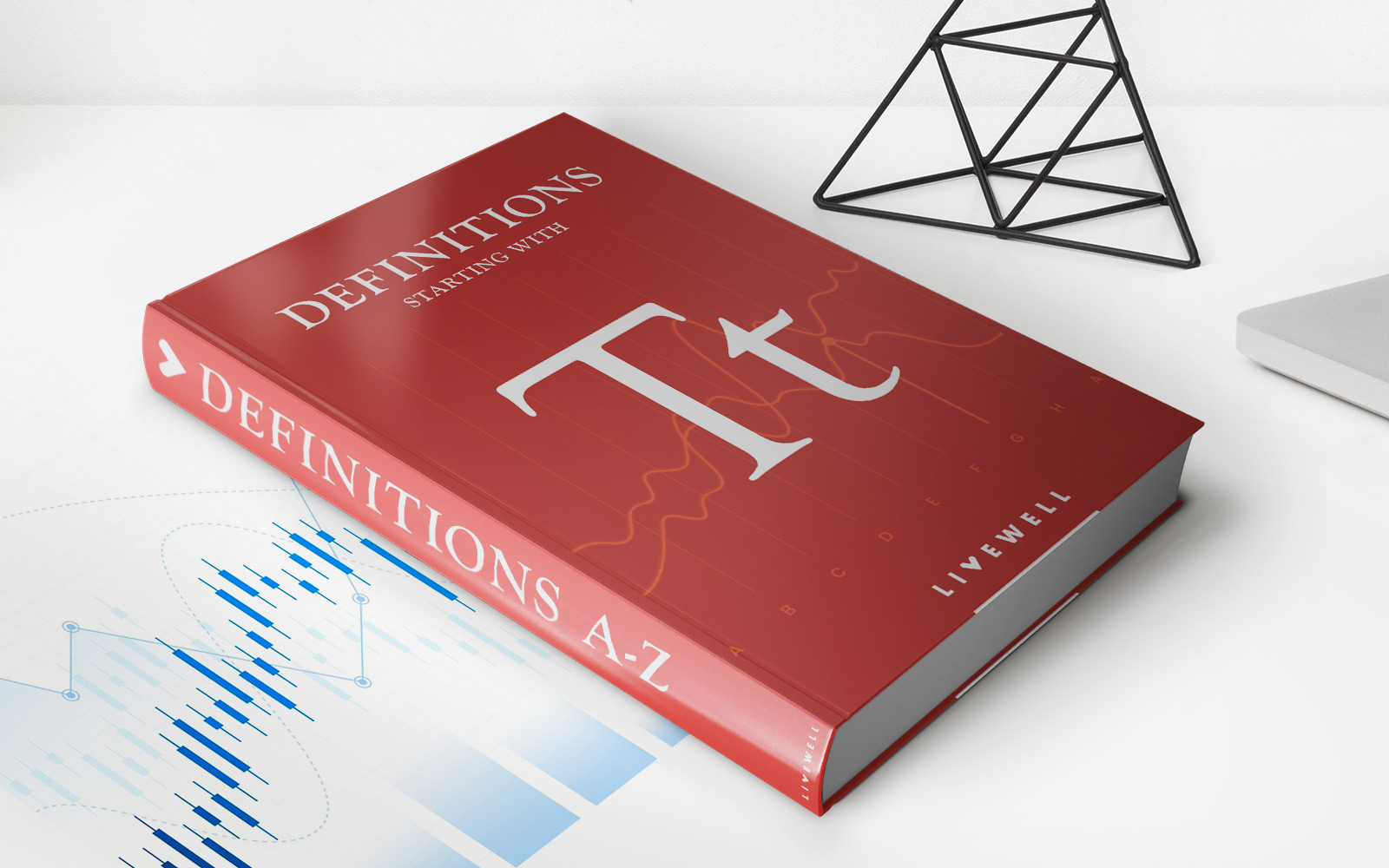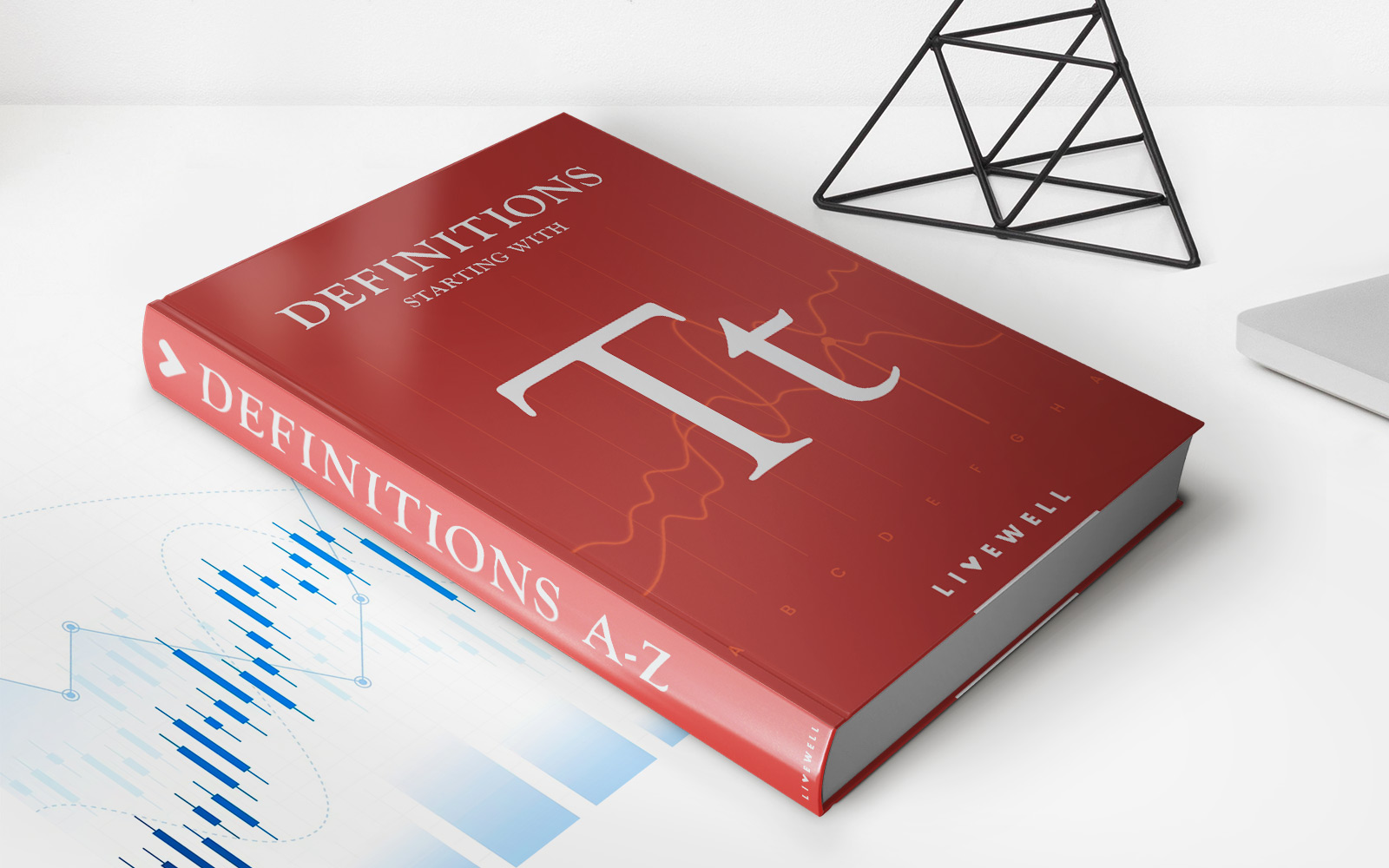

Finance
Trading Ahead Definition
Published: February 10, 2024
Learn the definition of trading ahead in the world of finance. Discover how this practice can impact your investment decisions and strategies.
(Many of the links in this article redirect to a specific reviewed product. Your purchase of these products through affiliate links helps to generate commission for LiveWell, at no extra cost. Learn more)
Understanding the Trading Ahead Definition: Enhancing Your Financial Knowledge
Finance is a vast and complex field, with numerous concepts and terms that can be both intriguing and intimidating. One such concept that often captures the attention of investors and traders is the trading ahead definition. In this blog post, we will delve into what trading ahead means in the context of finance, and how it can impact your investment strategies. So, if you’re curious about this term and want to enhance your financial knowledge, read on!
Key Takeaways:
- Trading ahead refers to a situation where a broker or trader executes an order for their own account ahead of a customer’s order.
- It is considered an unethical practice and can lead to conflicts of interest and unfair advantages in the market.
So, what does trading ahead mean?
In simple terms, trading ahead occurs when a broker or trader executes a trade for their own account before executing a customer’s order. This practice can potentially create conflicts of interest, as it allows the broker or trader to take advantage of the information they have gained from their customers’ orders.
Now, you might be wondering, why is trading ahead considered unethical? Well, it’s because this practice can result in unfair advantages and disadvantages in the market. Here are a few reasons why:
- Conflicts of interest: When a broker chooses to execute their own trades before executing their customers’ orders, it raises concerns about their loyalty and fiduciary duty to their clients.
- Front-running: Trading ahead can provide an opportunity for brokers to profit from the price movements caused by their customers’ orders. This front-running can lead to unfair outcomes for both the broker’s clients and other market participants.
- Information advantage: By executing their trades before their customers’, brokers may gain access to valuable market information. This advantage can be detrimental to investors who rely on the expertise and guidance of their brokers.
- Lack of transparency: When brokers trade ahead of their customers, they might not provide complete transparency regarding the execution of orders and their own trades. This lack of transparency can erode the trust between brokers and their clients.
Given these concerns, it is crucial for investors and traders to be aware of the trading ahead definition and understand its implications. Here are a couple of key takeaways to remember:
- Trading ahead refers to a situation where a broker or trader executes an order for their own account ahead of a customer’s order.
- It is considered an unethical practice and can lead to conflicts of interest and unfair advantages in the market.
While the practice of trading ahead is generally frowned upon, it doesn’t mean that all brokers engage in such practices. Many reputable brokers prioritize the best interests of their clients and adhere to strict ethical standards. When choosing a broker or trading platform, it’s important to conduct thorough research and select a provider with a strong track record and a commitment to transparency and fair trading practices.
In conclusion, understanding the trading ahead definition is essential for anyone involved in the financial markets. By being aware of this practice, investors can make more informed decisions and protect themselves from potential conflicts of interest. As with any financial concept, it’s essential to stay vigilant and continually educate yourself to navigate the complex world of finance successfully.














